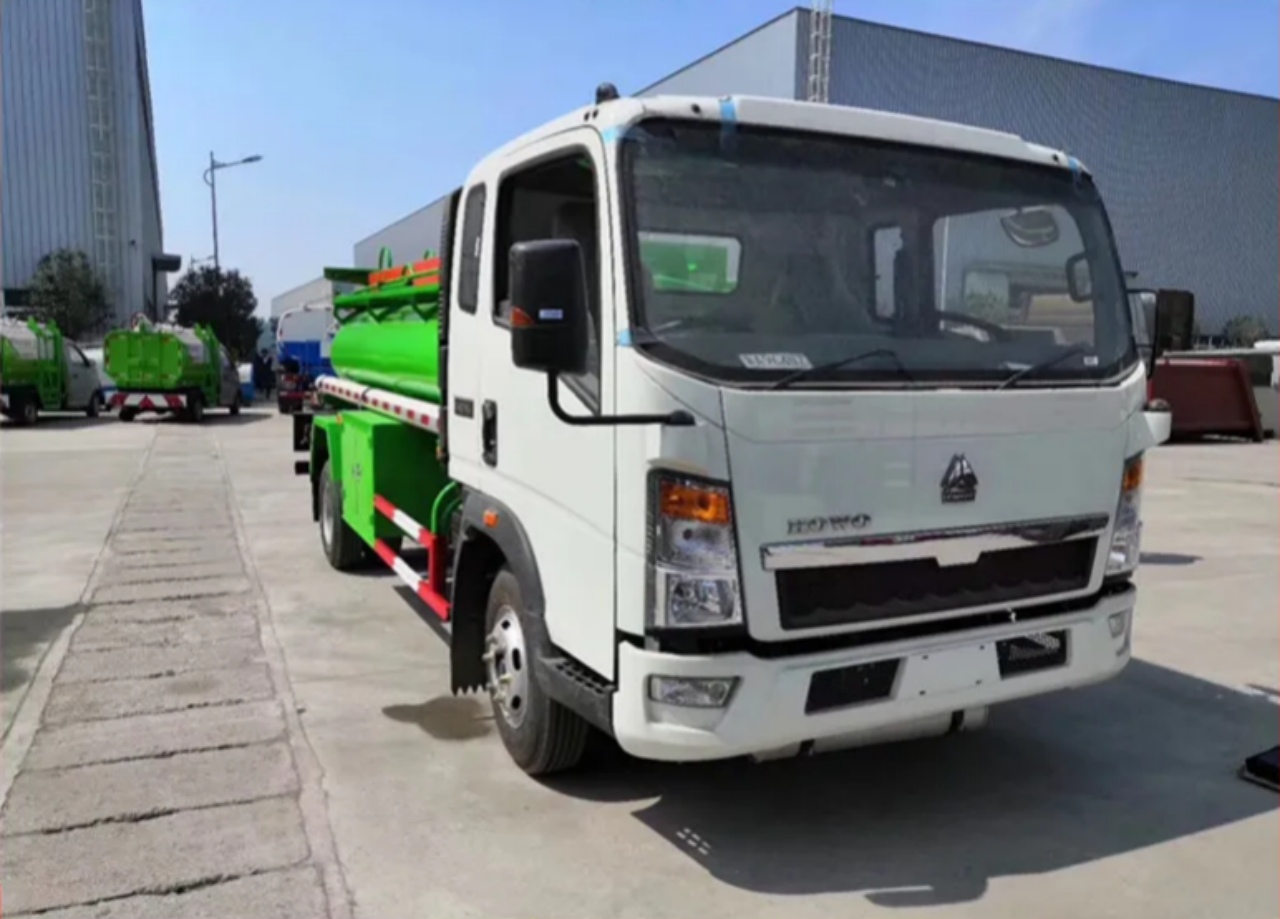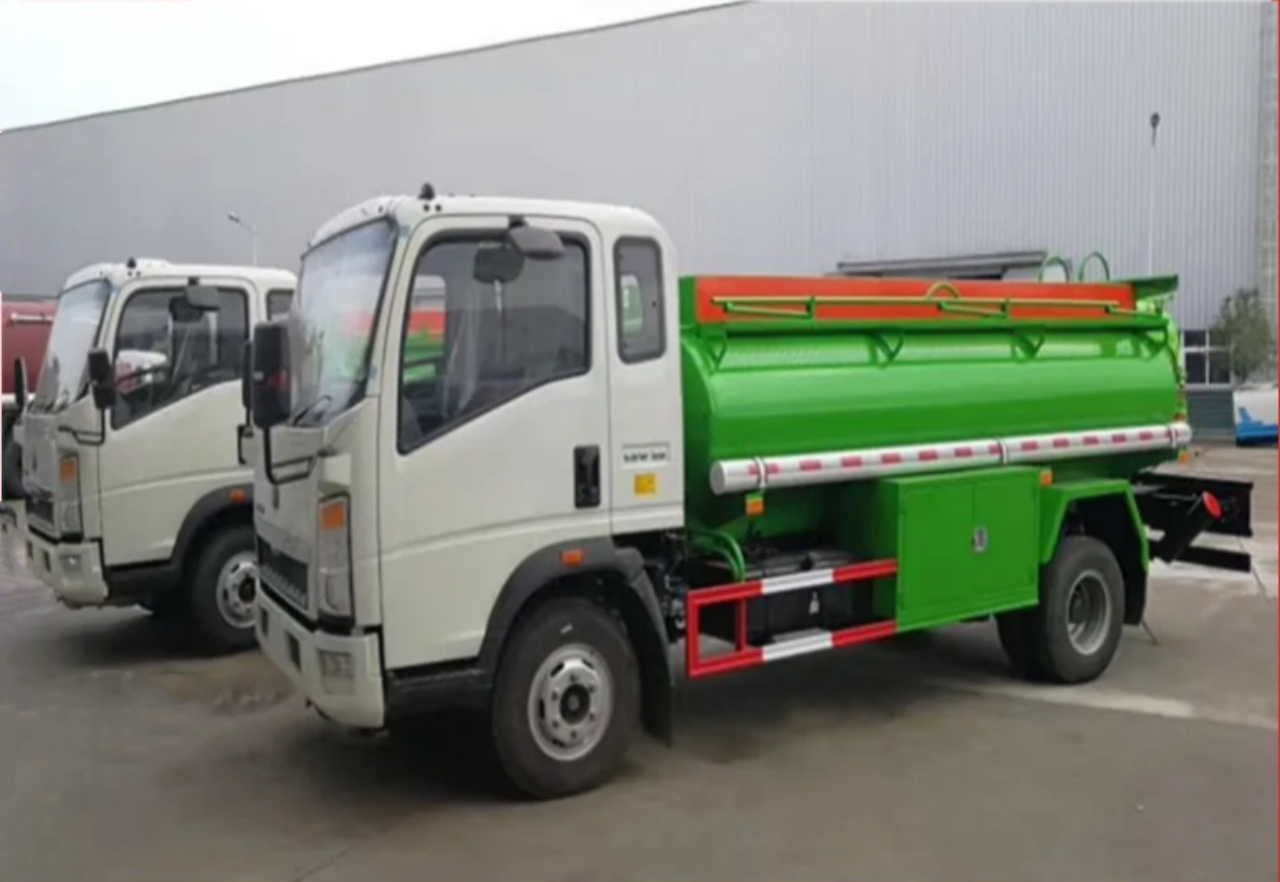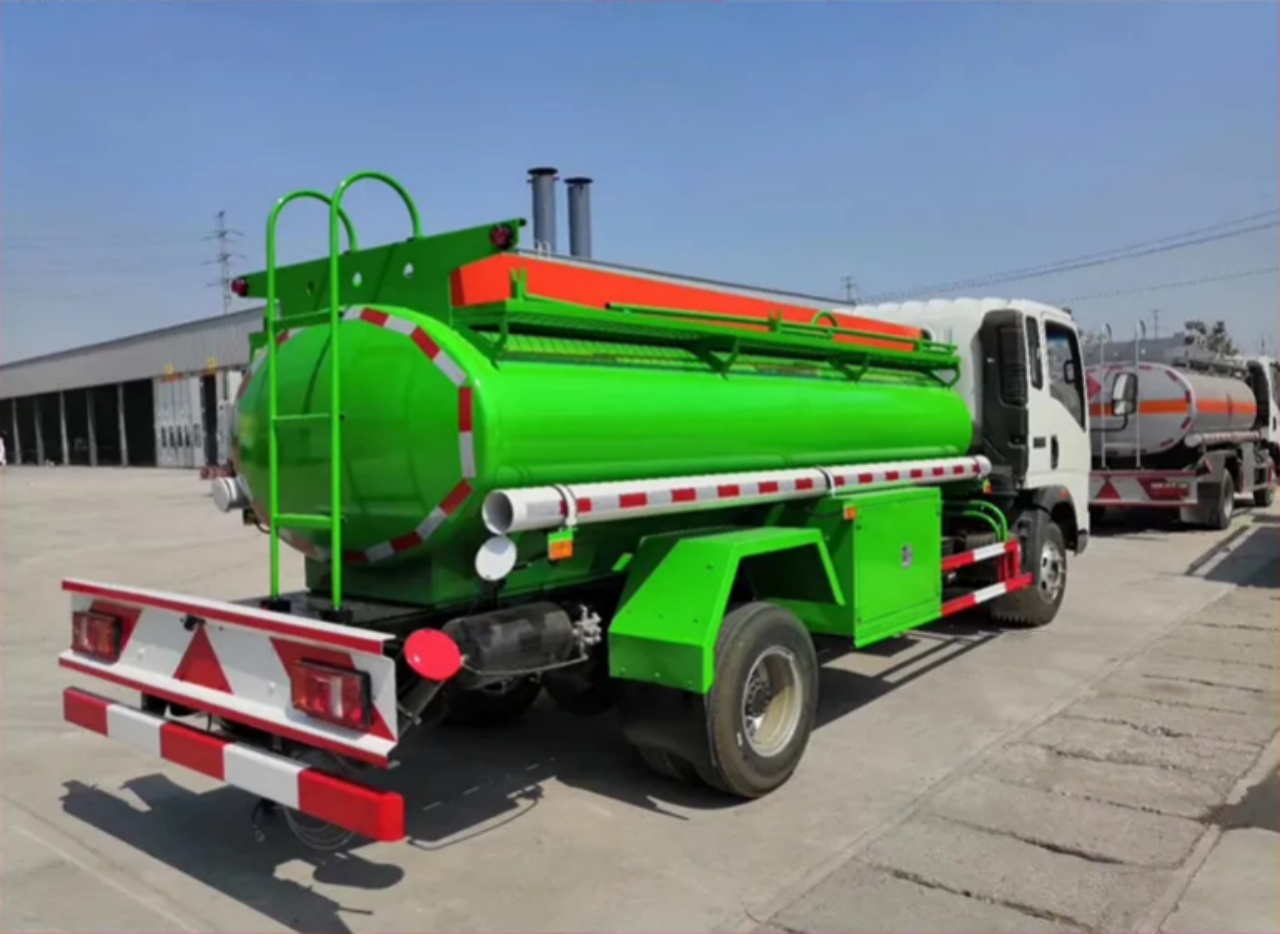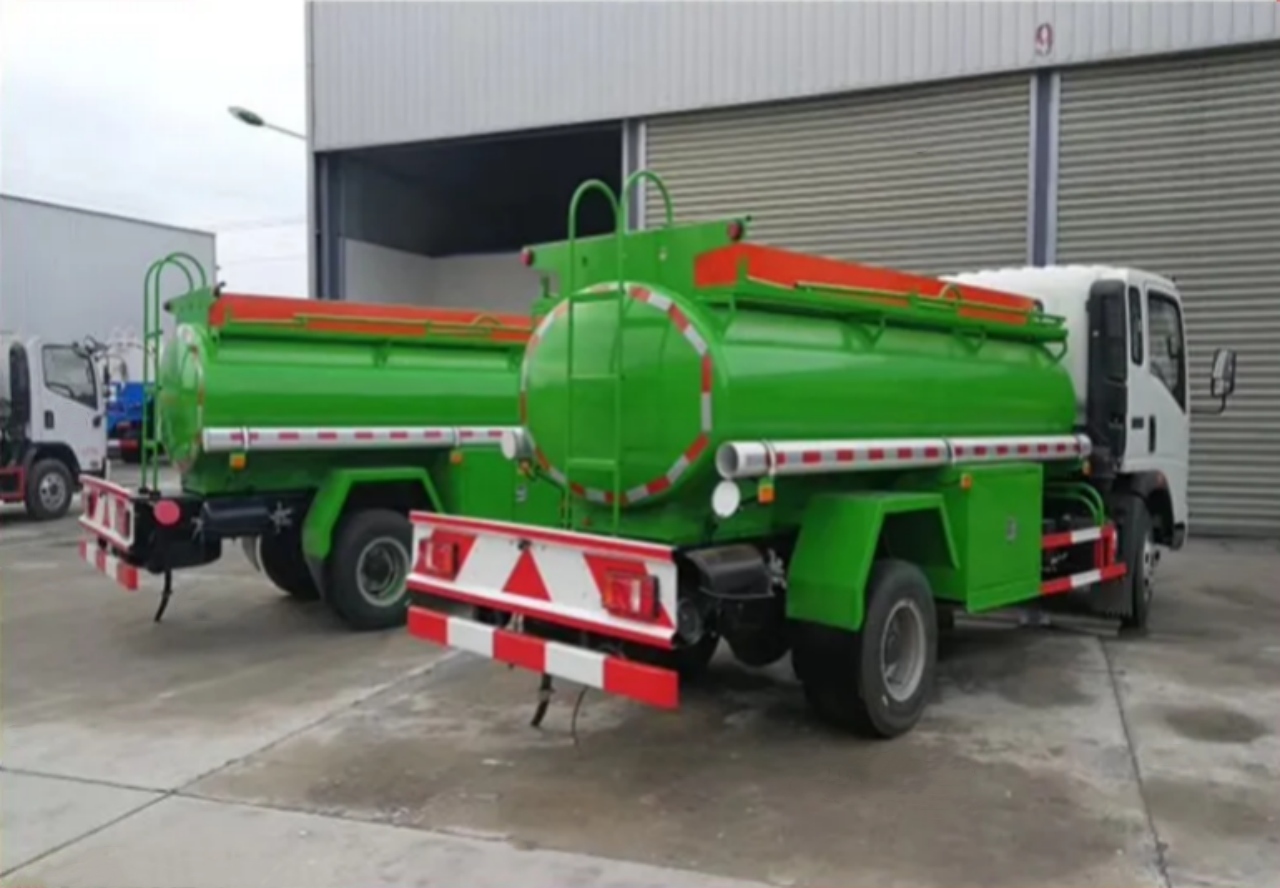Tanker trucks are essential vehicles in the world of transportation, responsible for moving liquids, gases, and dry bulk materials across long distances. They come in a wide range of sizes and configurations, designed to carry different types and quantities of cargo. One common question that arises when discussing these trucks is: How many tons is a tanker truck? The answer depends on various factors such as the type of tanker, its capacity, the cargo it is designed to carry, and legal weight limits. Let’s dive into the details to better understand the tonnage of tanker trucks.
Understanding Tanker Truck Basics
At its core, a tanker truck is a motor vehicle designed to carry bulk liquids or gases on roads. Tanker trucks are built with special tanks, often cylindrical, mounted onto the chassis. They are used in industries such as oil and gas, food and beverage, chemical transport, and agriculture.
There are 2 important weight measures to understand when talking about tanker trucks:
- Empty Weight (Tare Weight): The weight of the truck and tank when empty.
- Loaded Weight (Gross Vehicle Weight Rating or GVWR): The maximum total weight of the truck when fully loaded, including the weight of the cargo, vehicle, driver, and fuel.
The difference between the loaded weight and the empty weight gives us the payload capacity — that is, how much cargo (in tons) the truck can carry.

Tanker Truck Sizes and Their Tonnage
Tanker trucks come in a variety of sizes depending on their application. Let’s explore the typical categories:
Small Tanker Trucks (Light Duty)
Small tanker trucks are often used for local deliveries, such as delivering potable water to rural homes, fuel to gas stations, or milk to dairy processors. These trucks typically have tank capacities of around 1,000 to 3,000 gallons.
- Empty weight: Around 10,000 to 15,000 pounds (5 to 7.5 tons).
- Loaded weight: Up to 26,000 pounds (13 tons) for many models, which is the maximum before requiring a Commercial Driver’s License (CDL) in the United States.
- Payload capacity: Roughly 5 to 10 tons, depending on tank size and material transported.
Medium Tanker Trucks (Medium Duty)
Medium tanker trucks are used for tasks like transporting gasoline between local fuel depots and stations or delivering heating oil.
- Tank capacity: 3,000 to 5,000 gallons.
- Empty weight: Approximately 15,000 to 20,000 pounds (7.5 to 10 tons).
- Loaded weight: Around 33,000 to 50,000 pounds (16.5 to 25 tons).
- Payload capacity: Roughly 10 to 18 tons.
Large Tanker Trucks (Heavy Duty)
Large tanker trucks are commonly seen on highways, moving materials like crude oil, bulk chemicals, or even dry goods like cement or flour.
- Tank capacity: 5,000 to 11,600 gallons, depending on truck type and cargo.
- Empty weight: Can range from 30,000 to 40,000 pounds (15 to 20 tons).
- Loaded weight: Can reach up to 80,000 pounds (40 tons), which is the federal maximum for gross vehicle weight in the U.S. without special permits.
- Payload capacity: Typically around 20 to 30 tons.
For international trucking (for instance, in Australia with “road trains”), tanker combinations can haul even more, sometimes exceeding 100 tons of total weight.

Factors That Affect Tonnage
Several variables determine the actual tonnage of a tanker truck:
1. Type of Cargo
The density of the liquid or material carried dramatically impacts how much weight a tanker can transport. For example:
- Water weighs about 8.34 pounds per gallon.
- Gasoline weighs about 6 pounds per gallon.
- Liquid propane weighs about 4.2 pounds per gallon.
- Milk weighs about 8.6 pounds per gallon.
Thus, a tanker filled with water will be heavier than one filled with gasoline, even if their volumes are the same.
2. Material of the Tank
Tankers made of aluminum are lighter than those made from stainless steel, allowing more weight capacity for cargo. Stainless steel tanks, however, are often used for corrosive materials because of their durability.
3. Regulations and Legal Limits
Most countries set strict legal limits on how much weight trucks can carry on public roads. In the United States, the federal gross vehicle weight limit is 80,000 pounds (40 tons) unless special permits are obtained. This limit ensures safety and reduces road wear.
In Europe, typical limits for tanker trucks hover around 40 to 44 metric tons (about 88,000 to 97,000 pounds) for articulated vehicles (tractor-trailer combinations).
4. Type of Truck and Configuration
The design of the truck matters as well:
- Single-unit tankers (the truck and tank are one piece) carry less than combination tankers.
- Semi-trailer tankers (tractor units pulling separate tanker trailers) can carry more.
- Multi-compartment tankers allow transportation of different liquids simultaneously, but may reduce overall tonnage because of added structural weight.
Examples of Common Tanker Truck Capacities
Here are some real-world examples:
| Type of Tanker Truck | Capacity (Gallons) | Approximate Payload (Tons) |
|---|---|---|
| Small Water Tanker | 2,000 | 7 – 8 tons |
| Fuel Tanker (Single Trailer) | 9,000 | 20 – 22 tons |
| Milk Tanker | 6,000 | 20 – 23 tons |
| Crude Oil Tanker (Highway) | 8,400 | 28 – 30 tons |
Special Cases: Super Tankers and Off-Road Applications
In specialized industries such as mining or military operations, off-road tanker trucks are used that greatly exceed standard highway weight limits. Some mining water trucks, for instance, can carry up to 50 tons of water for dust suppression on massive job sites.
Likewise, “super tankers” with multiple trailers (sometimes called B-doubles or road trains) used in Australia and parts of Canada can legally carry up to 120 tons gross weight, but these are operated under very specific regulations and road conditions.
Conclusion
So, how many tons is a tanker truck? The answer can range anywhere from 5 tons to over 30 tons for typical road-going trucks, and even more for specialized off-road applications. The actual tonnage depends on a mix of the truck size, cargo type, regulations, and design specifications.
Understanding the tonnage of a tanker truck is essential not just for transport companies but also for industries that rely on the efficient and safe movement of bulk goods. Whether it’s fuel, food products, chemicals, or water, tanker trucks remain a crucial part of global logistics, quietly carrying heavy loads that keep industries and communities running smoothly.



